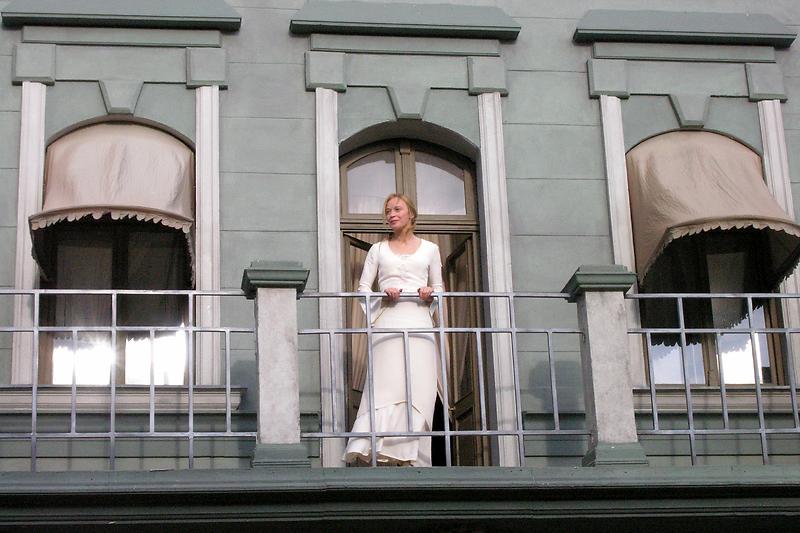
RIGAS SARGI
DEFENDERS OF RIGA

1918-19. World War I is at an end. Latvia declares independence, but the German “Baltic Division” commanded by General von der Goltz remains in the region, ignoring international pressure to withdraw. Dreaming of a German-dominated “Baltenland”, the commander joins forces with the pro-Czarist Russian general Bermont-Avalov. This military game of chess is made palatable to the allied troops as being vital to the “fight against Bolshevism”.
RIGAS SARGI shows the atmosphere and the decisive battle for Riga won on 11 November 1919 by Latvian volunteers in spite of their inferior numbers and equipment. The day is now a national holiday in Latvia. The film centres around Mārtiņš, whose heart is inflamed not just with patriotic emotion but also with love for his fiancée Elsa. Although in the cold light of day neither of his passionate causes seems likely to succeed, the charismatic hero ultimately tips the scales in his favour in either case.
A sweeping depiction of Latvia’s struggle to escape the pincer-like grip of Russia and Germany and gain national independence, this most expensive Latvian production of all time was deeply appealing to patriotic sentiment. Within merely five weeks, RIGAS SARGI boasted the best box-office results ever achieved by a Latvian-made film, and it needed only three more weeks to surpass the takings recorded for the global blockbuster TITANIC.
35mm | Farbe / colour
Andrejs Ēķis, Aigars Grauba
Gvido Skulte, Vladimir Bašta
Pavel Rejholec
Aigars Grauba, Līga Pipare, Sandra Alksne
Mārtiņš Milbrets
Jumprava
Jānis Reinis, Elita Kļaviņa, Vilis Daudziņš, Andris Keišs, Ģirts Ķesteris, Artūrs Skrastiņš
Andrejs Ēķis
Platforma
Ieva Pitruka
National Film Centre of Latvia
Peitavas 10/12
1050 Riga
Latvia
Tel: +371.673.588 65
Fax: +371.673.588 77
ieva.pitruka@nfc.gov.lv

Aigars Grauba - born 1965. He initially made a name as the singer and keyboard player of rock group “Jumprava” before in 1990 taking up a career as a director and producer. He was artistic director of the independent television broadcaster “LNT” from 1996 to 1998, and founded his own production company “Platforma Filma” in 1998. Grauba also writes and directs for television.
DROSME NOGALINAT (1993)
BAIGA VASARA (2000)